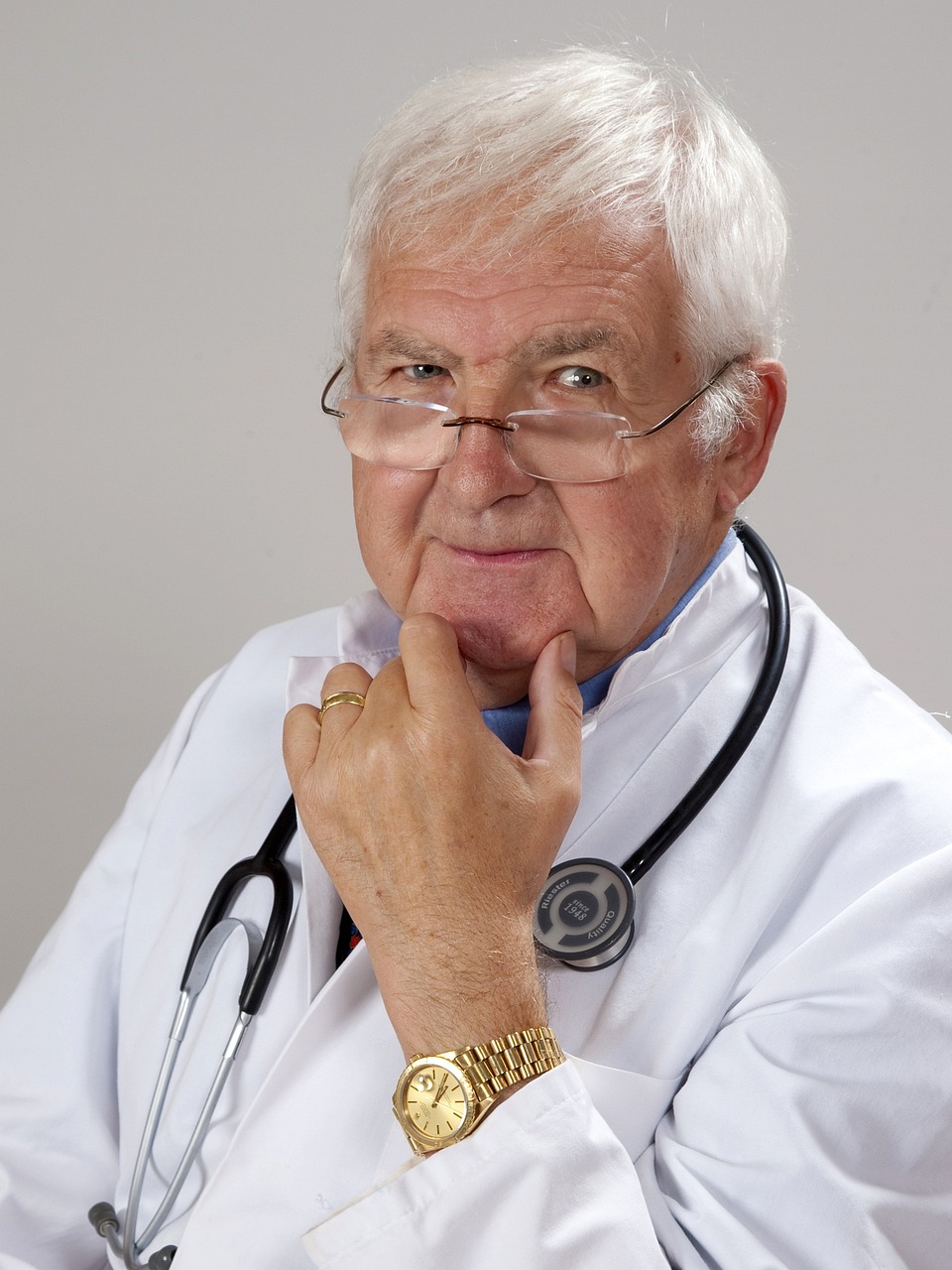It may sound strange but saying “no” to your doctor may improve your health. Don’t get me wrong, I’m not suggesting you become obstinate, bullheaded patient just for the fun of it. Instead, saying “no” is a tactic savvy health-care consumers use to get the information they need to make an informed medical or health decision. SAY NO IF….
- Your Doctor proposes an invasive procedure without discussing alternatives. Whether it’s major surgery or a risky treatment, such as chemotherapy, your doctor should explain all options as well as all the risks and possible benefits of the proposed procedure or treatment. Several years ago, I helped an 80 year old man whose doctor told him he “must” have his cancerous prostate gland surgically removed. I advised this man to say “no” until the doctor disclosed the risks, benefits and alternatives to the operation. When he did so, the doctor said that at his patient’s age there would be significant risks, the benefits would probably be minimal and the alternatives, such as injected medication were available. The gentlemen chose this alternative and is still alive today.
- Your Doctor proposes a medical test without explaining Why.
Before agreeing to a medical test, you should be told why it needs to be done, what the doctor expects to find and what, if anything can be done when the results are determined. Although many tests are important, some studies show that up to half of all medical tests are unnecessary. This is true of the rectal examination that some Urologists still like to perform. The BPA results from the blood test provides more information than a Urologist sticking his finger in your rectum. Also, there are Rectal Scans that can be done that allows the doctor to see exactly what they need to see.
- Your Doctor tries to dissuade you from getting a second opinion. Studies show that about 20 % of all diagnostic second opinions (those attempting to verify what’s wrong with you) do not agree with the first opinion. The percentage is even higher for second opinions regarding treatment for a diagnosed condition. Any doctor who discourages a second opinion, should not be trusted. In fact, you may even want to get a third opinion with if the first two doctors you’ve consulted disagree.
Source: Charles B. Inlander, a consumer advocate and health-care consultant based in Fogelsville, Pa. Founding President of People’s Medical Society.

